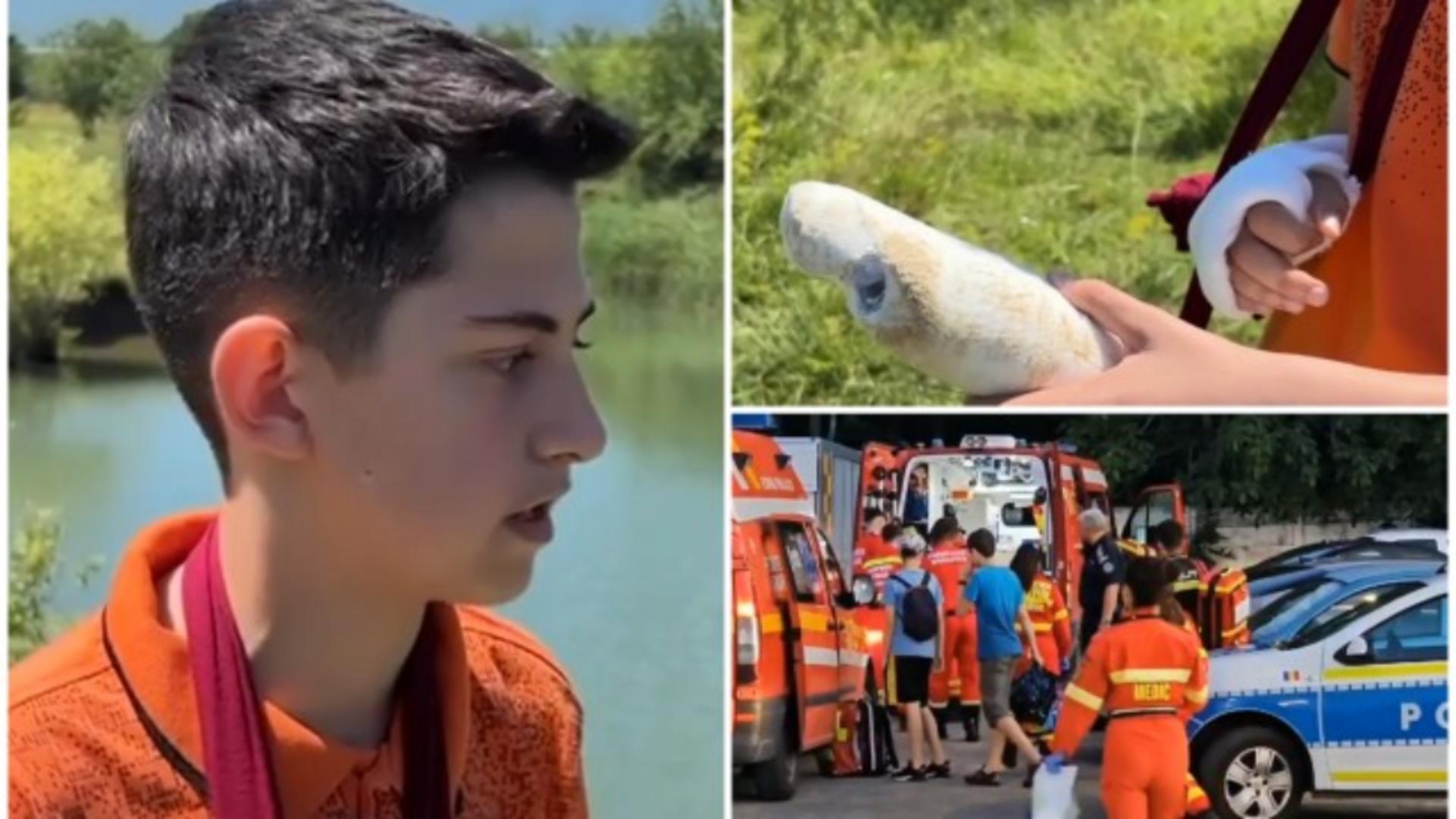By Marianne Love, Correspondent
It only took the promise of a cupcake with yellow frosting, made by his school’s hot lunch lady and depicting a cartoon bee, to make six-year-old Oliver Sullivan McRae Halkett jump into his school’s spelling bee six years ago.
Now 12 years old and a sixth-grader at the private Mirman School in the Santa Monica Mountains overlooking the San Fernando Valley, he is heading to Maryland from May 28 through May 30 to compete in the 96th Scripps National Spelling Bee after his victories in local, regional and state spelling bees.
Despite tremendous competition, Oliver is the only student from Los Angeles County who made the grade.
Oliver is taking his books filled with words with him to Maryland, ready for a contest that involves 244 other students from across the country and around the world. In nearby Thousand Oaks, Ibrahim Zaki, 13, who attends Golden Valley Charter School, is the only student from Ventura County to win a spot at the Scripps spelling bee.
Oliver Sullivan McRae Halkett, 12, attends the private Mirman School on Mulholland Drive overlooking the Valley, and launched the school’s newspaper 3 years ago — at age 9. Now he is participating in the 96th Scripps National Spelling Bee in Los Angeles on Tuesday, May 21, 2024. (Photo by Keith Birmingham, Pasadena Star-News/ SCNG)
Oliver says, “It’s going to be lots of fun, competitive, and I want to be challenged and get some experience and maybe I’ll do well along the way.”
The toughest word he ever had to spell — although he says his parents would disagree — was “eleemosynary,” which means charitable.
“You can’t memorize the entire dictionary,” Oliver explained about his learning technique during an interview on May 21. The simpler way “is to learn the language rules, learning the roots (and their meanings). It’s a more cerebral way of studying than memorizing words. You learn how to break them down.”
Oliver is the oldest of three brothers, and is a goalie for American Youth Soccer Organization (AYSO) and for his school’s soccer team. He plays piano, studies Mandarin on the side and loves history — when he isn’t studying how to spell words that the average person probably has never heard of, can’t spell, can’t pronounce and can’t define.
“This started when he was in second grade, and we realized he had this uncanny talent to break down words,” said Oliver’s mother, Elizabeth Currid-Halkett. “To see that initial talent, that I don’t possess in any way, and to watch him really put in the hours and every year to get more and more serious … I just really admire him.”
She explained, “I don’t know that many 12-year-olds that have that kind of focus and tenacity, and also he doesn’t have the expectation that he should win. He’s not entitled in any way.”
Oliver began studying daily for 45 minutes to an hour a day earlier this year, propped up in his bed where he is most comfortable. And then his time on task extended to two to four hours, and then three to five hours.
“Follow what you think it is,” is Oliver’s advice about competing in a spelling bee. “You have to doubt yourself sometimes, but if you think you know a word you’re probably right. Follow your gut and consistently study … make sure you want to do it, have fun and trust yourself.”
The Scripps National Spelling Bee is made up of initial preliminary and quarterfinal rounds, followed by semis and finals. Under the rules, a speller is given two and a half minutes to spell a word after it’s pronounced in the contest. The first two minutes are regular time; the final thirty seconds are finishing time.
During this limited time, a speller is allowed to ask the pronouncer for the word’s definition, part of speech, use in a sentence, language of origin, alternate pronunciations, and roots — and they can ask to have the word repeated.
For Oliver, it’s clear that he isn’t going for the cupcake this time around. There’s a $50,000 cash prize for the champion, along with a commemorative medal and a pearl-colored porcelain trophy dangling in front of him should he take first place.





